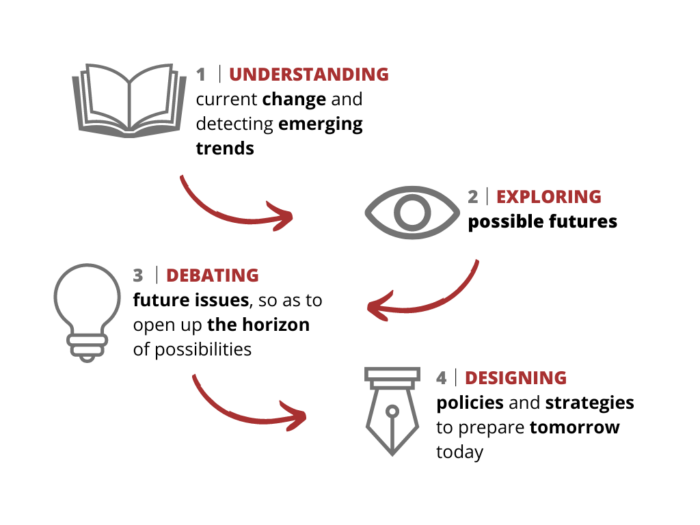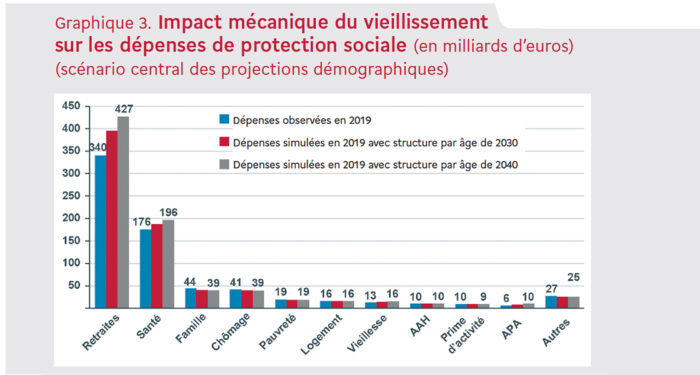France, like all the other European countries, is facing a rapidly ageing population: the proportion of people aged 60 or over will rise from about one fifth today to around one third by 2050. This ageing trend will be steep – the 1946 cohort is 30 % larger than that of 1945 – and its consequences are serious.
We have known this for a long time, as Alain Parant reminds us, mentioning in particular the pioneer work in France of the commission to study the problems of ageing (the “Laroque Commission”) of 1962 and the working group on the “Outlook for the elderly” as part of the VIIIth Plan on Growing Old in the Future (Vieillir demain, the Lion Report) of 1980. These two reports, to mention only those, clearly foresaw the issues at stake and argued courageously in favour of fundamental reforms.
Unfortunately, as a result of collective rejection, shilly-shallying and tensions, the measures required were not adopted. Admittedly some reforms were made by prime minister Balladur in 1993. And now, the government of M. Raffarin, its back to the wall, is proposing another reform, which is undoubtedly heading in the right direction but is based on two overly optimistic assumptions: first, that morbidity and mortality rates will continue generally to decline; secondly, that there will be a rapid return to full employment.
Alain Parant challenges the validity of these two assumptions and argues that the current reform – while certainly necessary – is not feasible in its present form. A sequel is inevitable.
Cet article fait partie de la revue Futuribles n° 288, juil.-août 2003


